The world is fascinated with Japanese products, not just for their ingenuity but also for their slick, modern designs and sheer cuteness. Our nominees this year make up a varied list; in it you'll find 2017's hit products, cool fashion statements, functional items you never thought you needed, and also delicious treats.
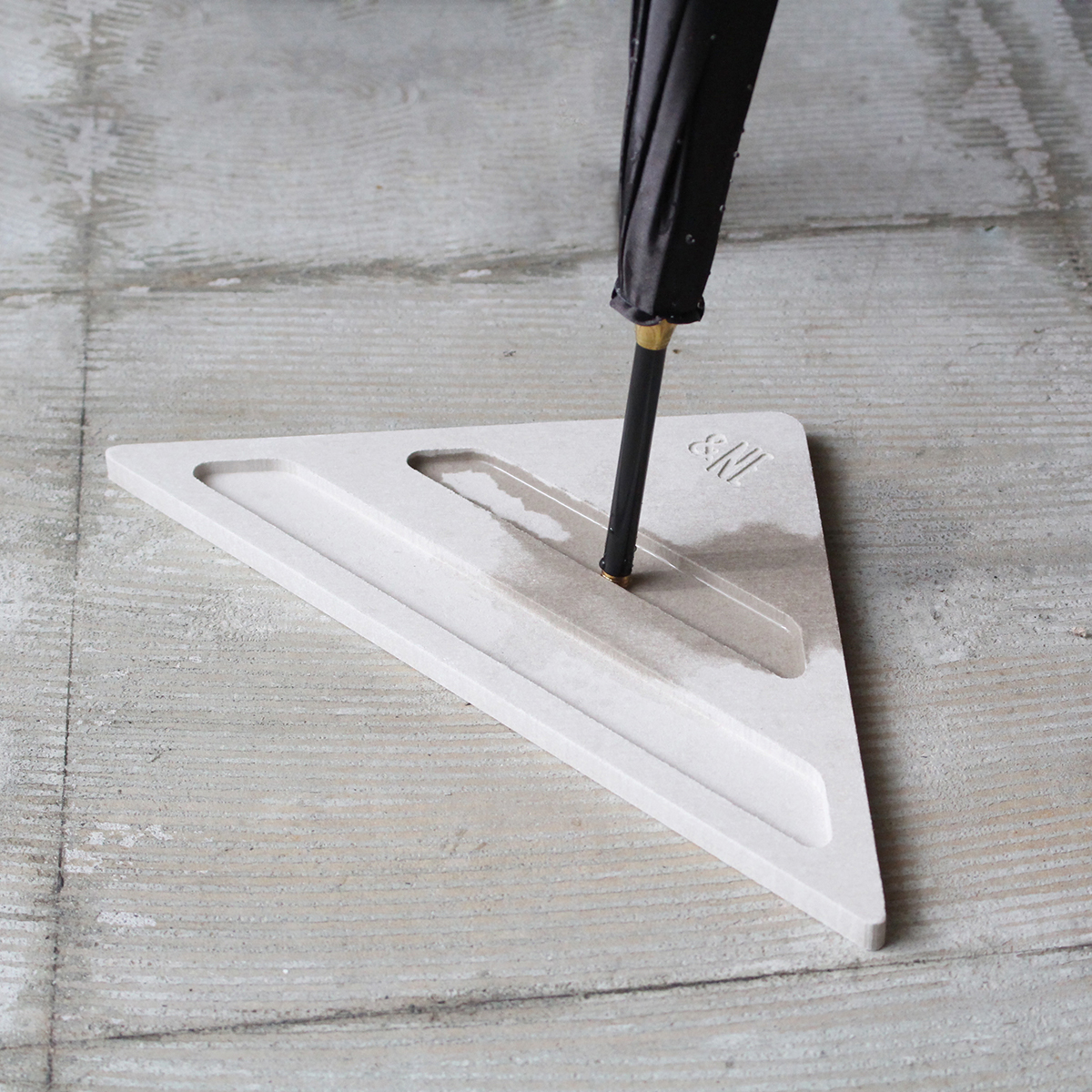
Diatomaceous earth is a rather nifty natural substance that absorbs water easily, and is therefore often used as a drying agent, building material, and insulation material. Bath mats, coasters and other items made from the water absorbing mineral started becoming popular in Japan last year, but this umbrella stand is a first. Just place it on the floor in a corner, and it will absorb all the water that drips from wet umbrellas. Unlike some other ingenious products, this one is also rather easy on the wallet: it retails for under ¥1000 (about USD9). Note: Prices may differ depending on retail outlets.
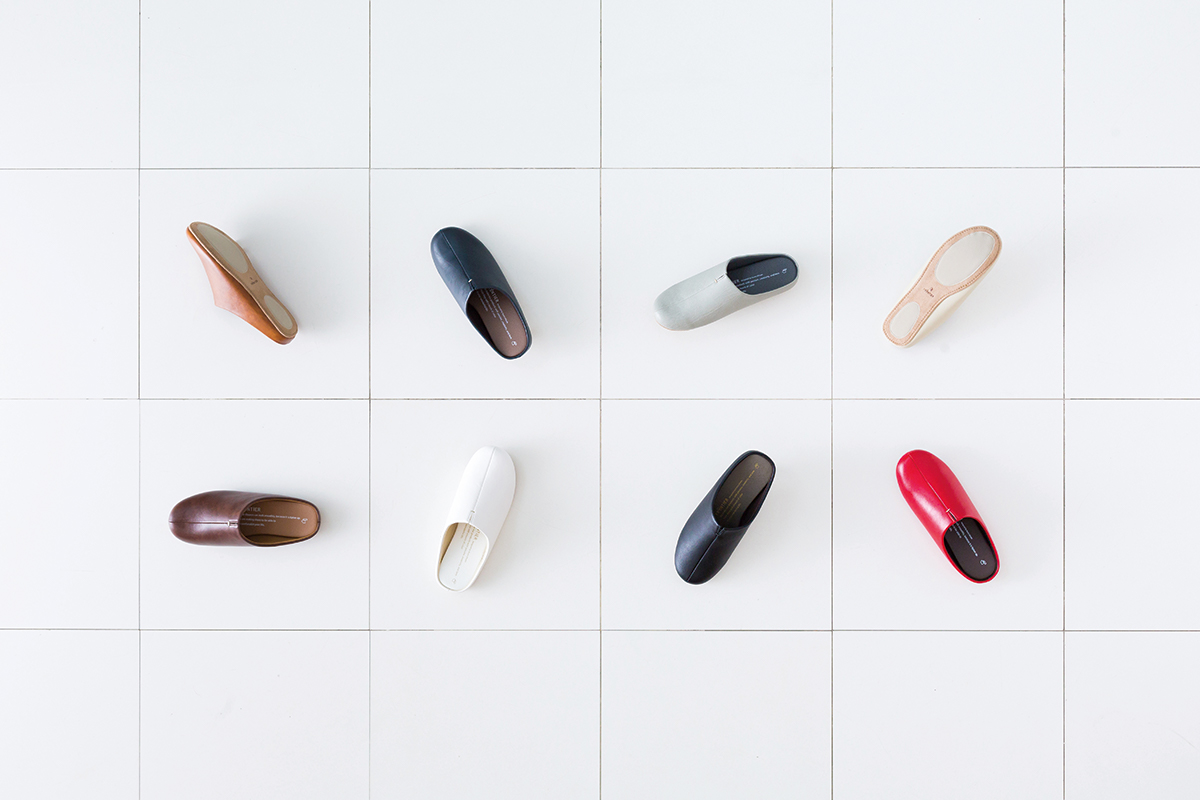
The simple, minimalist design gives these leather-look slippers a distinctive beauty. Even better, they are also highly functional. The toe is raised significantly higher than normal shoes while the sole is made with non-slip material.These unique features prevent the slippers from falling off while reducing the chance of you stumbling. They are certainly not your average slippers. ¥3000 (about USD27). Note: Prices may differ depending on retail outlets.
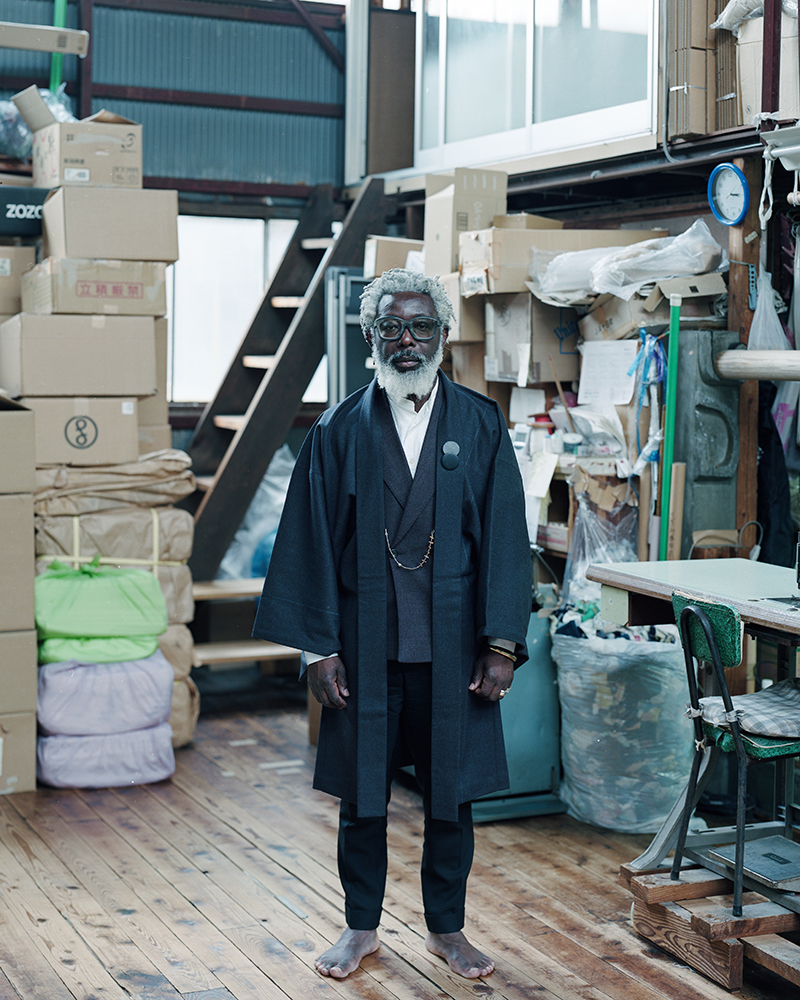
Kimono manufacturer Yamato Company established a men's kimono tailor, 'Y.&Sons', in 2015. They try to fuse Western and Japanese style while sticking to the kimono format, and the latest masterpiece in their collection is a woollen kimono suit, made by fashion designer T-Michael. The so-called 'T-KIMONO' is a combination of a wool haori jacket and a kimono which incorporate design and tailoring details from regular men’s suits, and therefore exudes a sleek, modern feel. It’s a kimono you can wear without being considered eccentric, and really showcases new and unknown possibilities for this type of garment. ¥70,000 (about USD620). Note: Prices may differ depending on retail outlets.
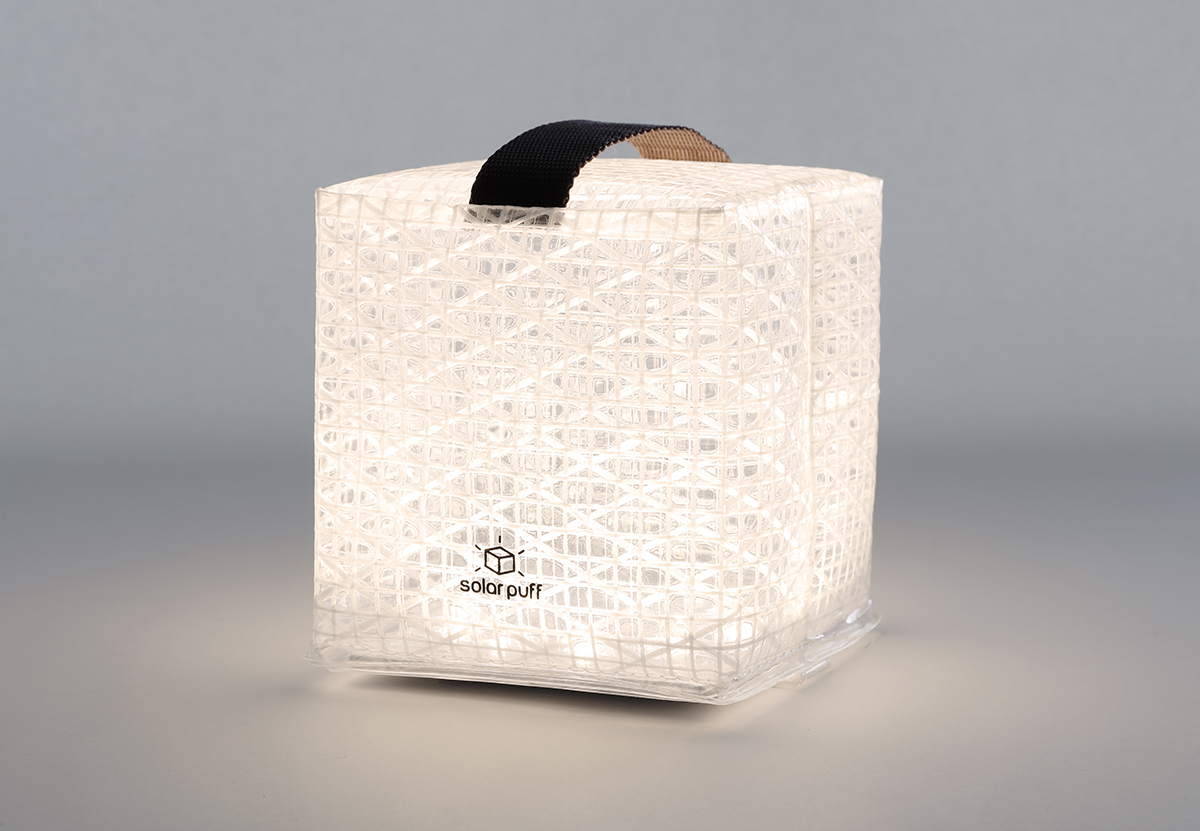
Perfect as a tool for disaster prevention or camping applications, this is a priceless item you'll pack every time without a second thought. Charge it with the solar panel for 8 hours, and you’ll have up to 12 hours of light stored in the battery. Many solar and manual powered lights require extremely long charging times and only provide light for a brief period, but this product surmounts that functionality problem with ease, and the compact, foldable design is also very appealing. ¥4000 (about USD36). Note: Prices may differ depending on retail outlets.
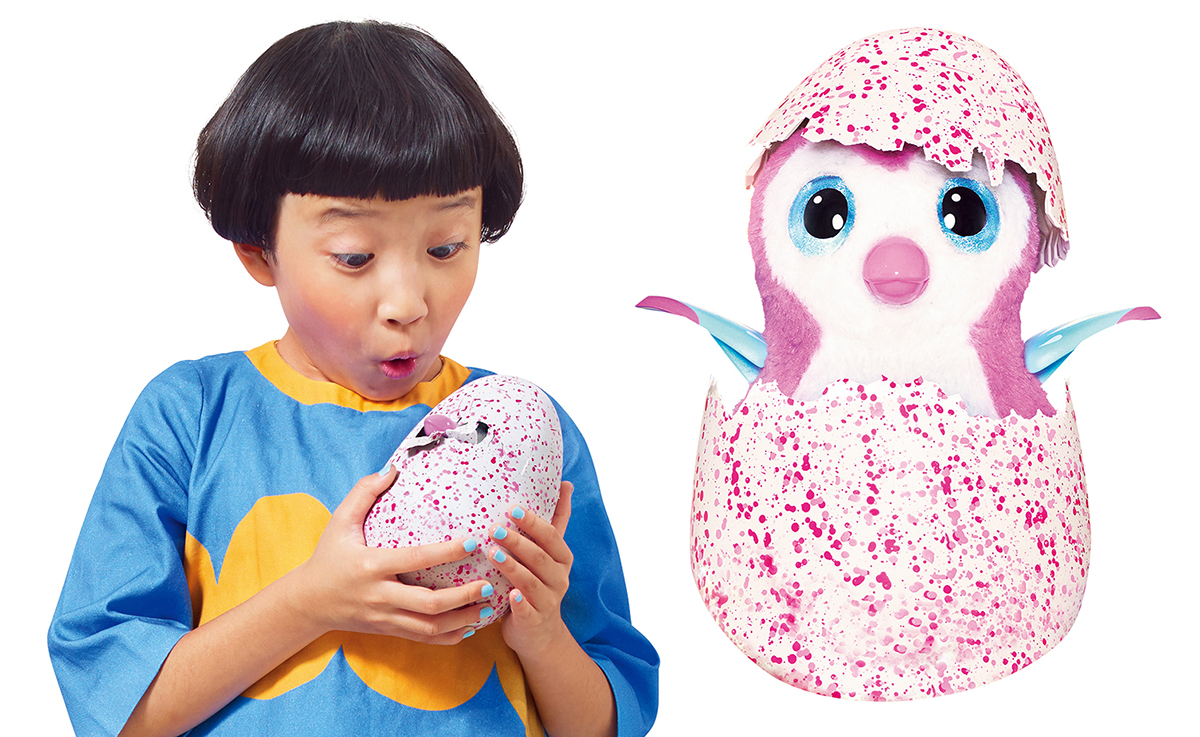
Furbies, Tamagotchi… these are some of the toys that will leave a nostalgic glint in many a 90s kid’s eyes. Nowadays, children’s toys tend to be more virtual, but the Hatchimals (also known as ‘Come out into the World! Umo’ in Japan) toy pets are a game-changer. Essentially an animal soft toy you can raise from birth, you can watch over the egg as it incubates and see Umo break out of its shell into the world. There are three additional development stages after that. The product was developed by Takara Tomy and released worldwide this year; it has since become the go-to toy kids wish for across the globe. ¥10000 (about USD90). Note: Prices may differ depending on retail outlets.
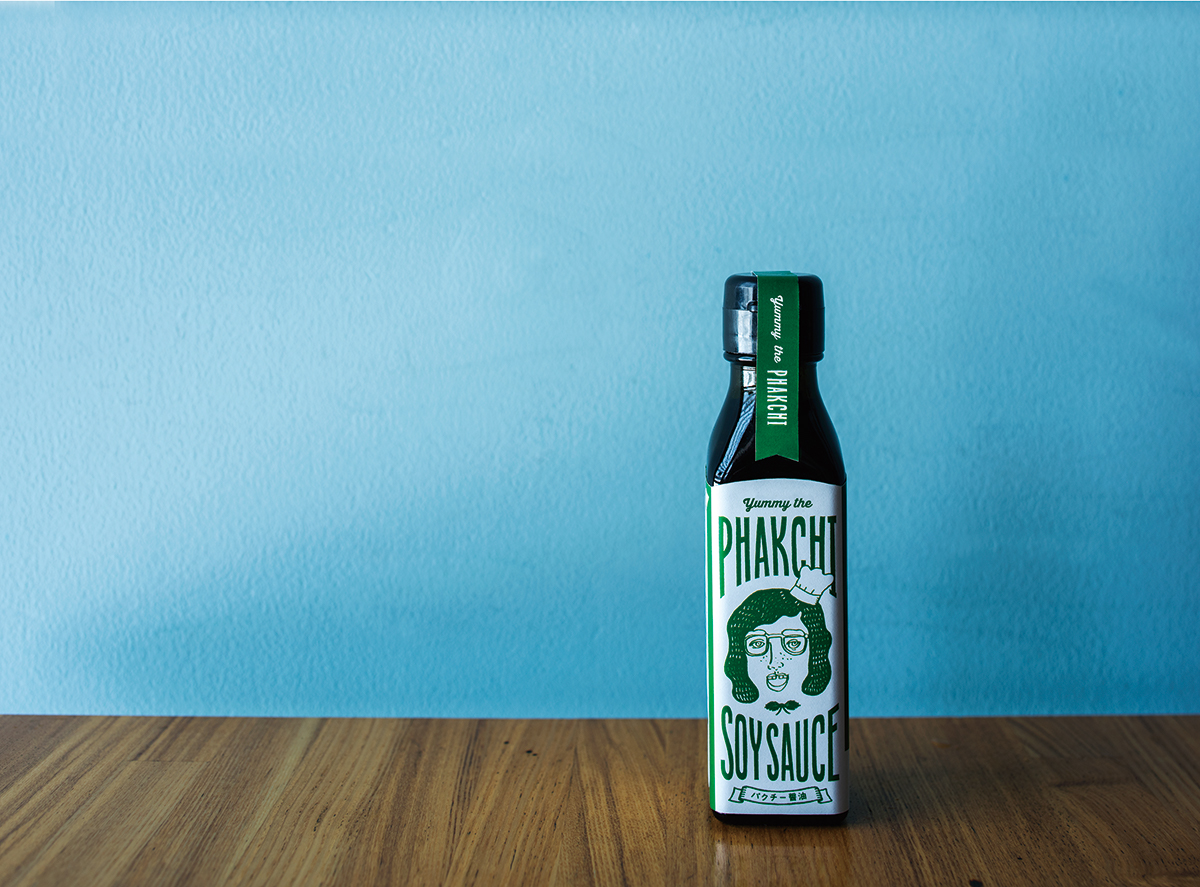
Coriander - ‘pakchee’ in Japanese - is booming this year, with virtually every product you could think of getting a leafy make-over. One of our faves is the new coriander-infused soy sauce, which was developed in collaboration with a famous soy sauce maker. Besides minced coriander, the sauce contains minced garlic and sesame oil for a nice kick. It’s a rather versatile sauce that goes well with a lot of different food items - the bets are on for Pakchee Soy Sauce to become a new standard condiment. ¥700 (about USD6). Note: Prices may differ depending on retail outlets.
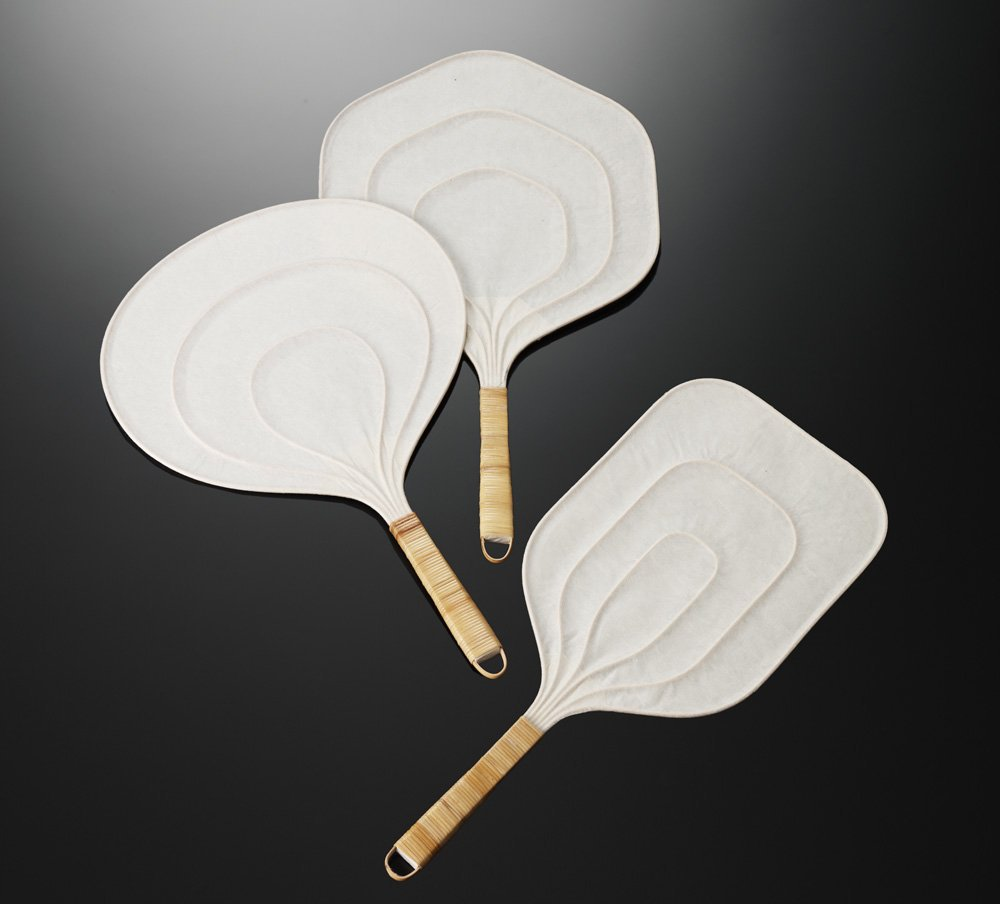
This paper fan, which combines rattan and Japanese paper, is part of the “Tokyo Teshigoto” Project, a collaborative effort between traditional craftspeople and spirited designers. Kiuchi Tozai Kogyo, a longstanding Tokyo company, manufactured the fan, while Taku Omura of oodesign was in charge of designing it. Only built with three pieces, the structure is minimalist in design, which makes the fan exceptionally lightweight and very light-permeable. Its suppleness and flexibility means it gives off a gentle breeze when fanning yourself. ¥5000 (about USD45). Note: Prices may differ depending on retail outlets.
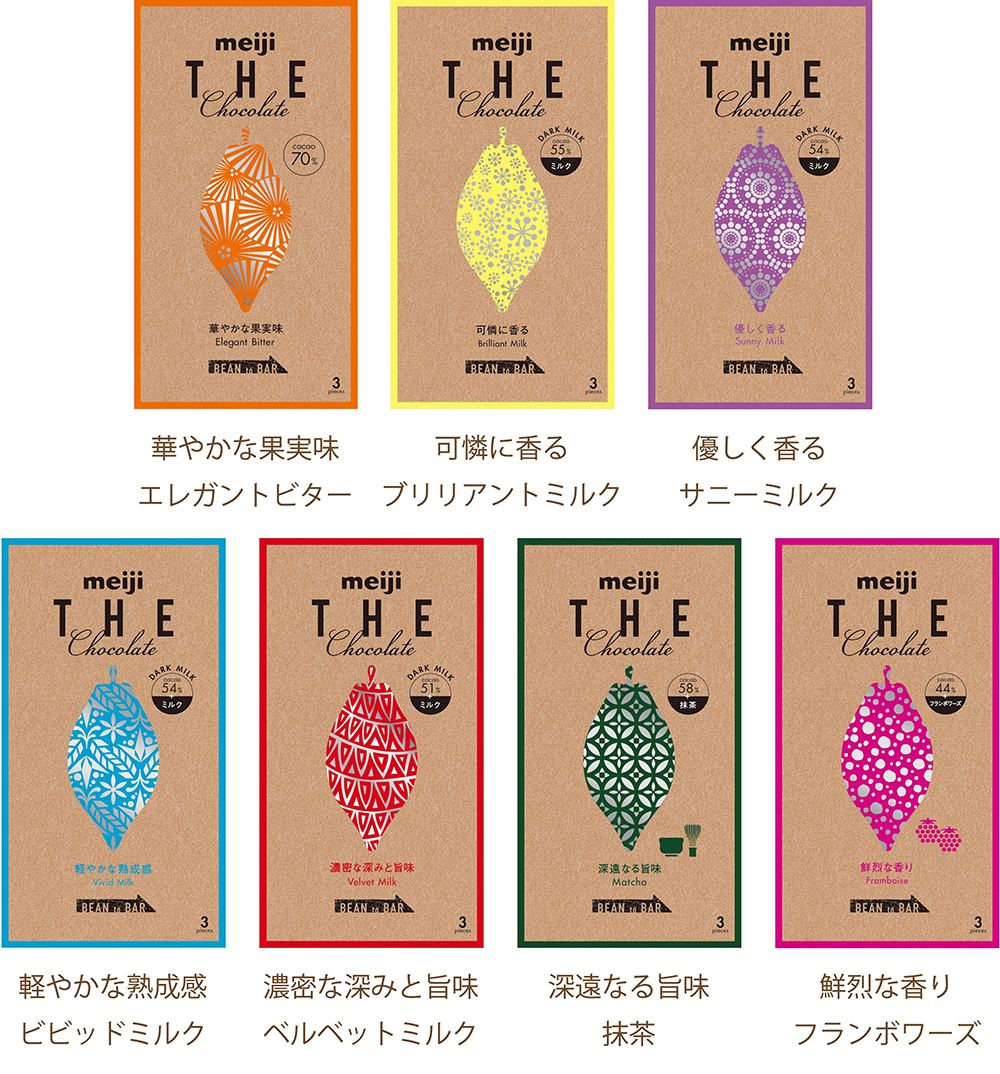
“Meiji The Chocolate,” a low-cost, high-quality chocolate bar, is one of 2017’s hit products. It's pretty revolutionary to be able to buy a bean to bar chocolate at this price—made with uncompromising quality in every aspect including ingredients, manufacturing and design—at a convenience store. On top of that, its melt-in-your-mouth softness and the elegance of its aroma is equal to that of high-class items. The package design is very popular as well - simple does it here. ¥300 (about USD3). Note: Prices may differ depending on retail outlets.
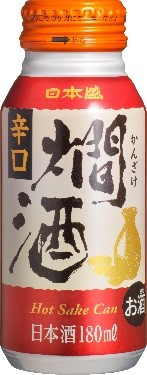
Hot Sake Can is sake-lover’s dream come true. Released recently by Nihonsakari, a major sake brewing company in Hyogo Prefecture, it is a hot sake you can purchase in convenience stores. Sake quality generally deteriorates considerably when heated, so hot sake could not be sold at convenience stores – until Nihonsakari succeeded in creating yeast that wouldn’t easily emit the smell of degraded sake. So after years of work, they managed to develop a quality sake that does not suffer from reduced flavour, even when heated repeatedly. Perfect for the winter months. ¥300 (about USD3). Note: Prices may differ depending on retail outlets.
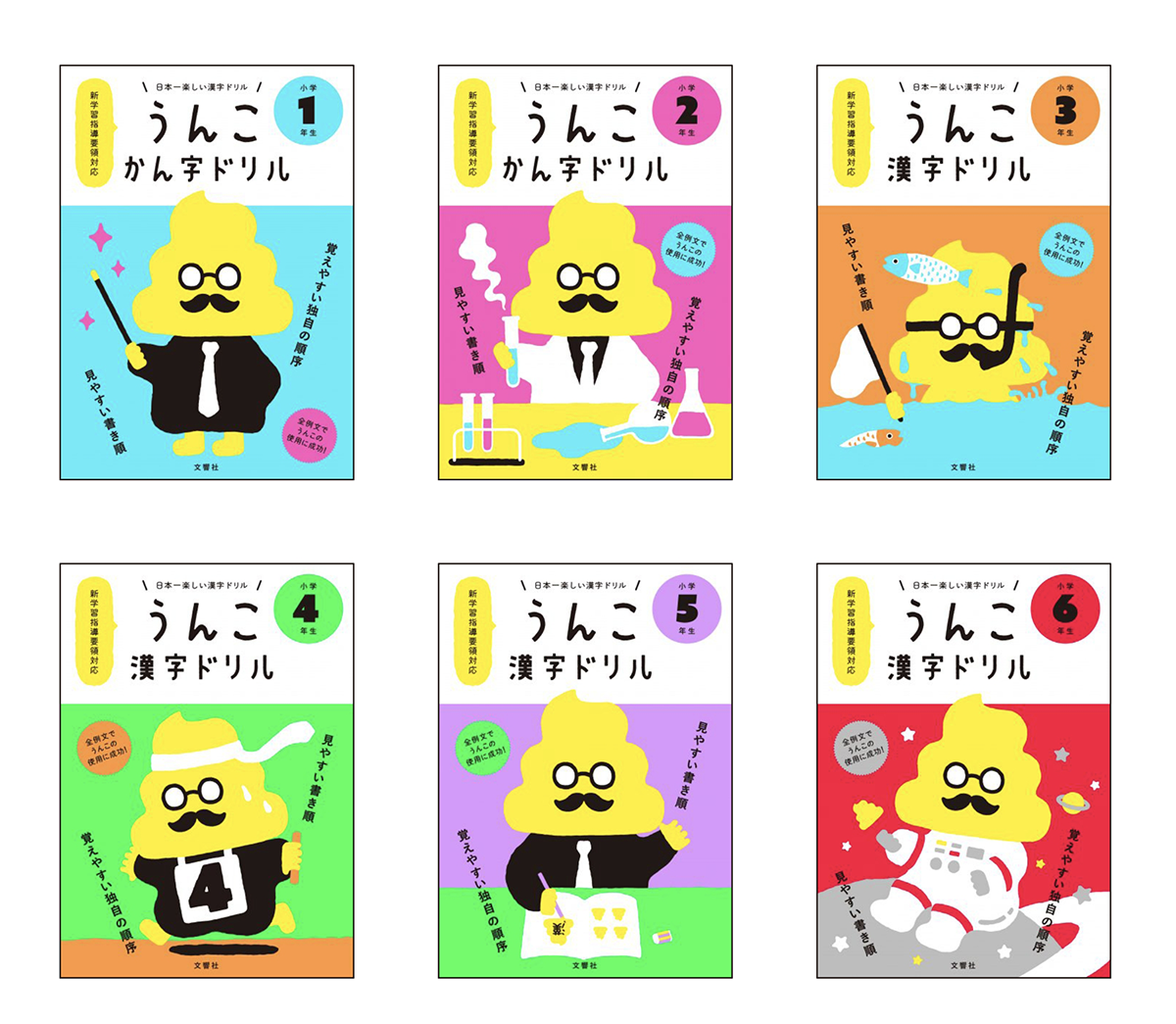
This book went on sale in March 2017 and hit a million copies sold soon after. Currently, “Poop Kanji Drill” has sold more than three million copies. As the title implies, it is a kanji training booklet themed around poop, targeted at elementary school students. Every example uses ‘unko’ (poop) in it, and the exercises in the book all uniformly use turds in their designs. Intended for children to be able to have fun when studying kanji, the book was much more successful than expected, and became one of this year’s hit products. ¥1000 (about USD9). Note: Prices may differ depending on retail outlets.